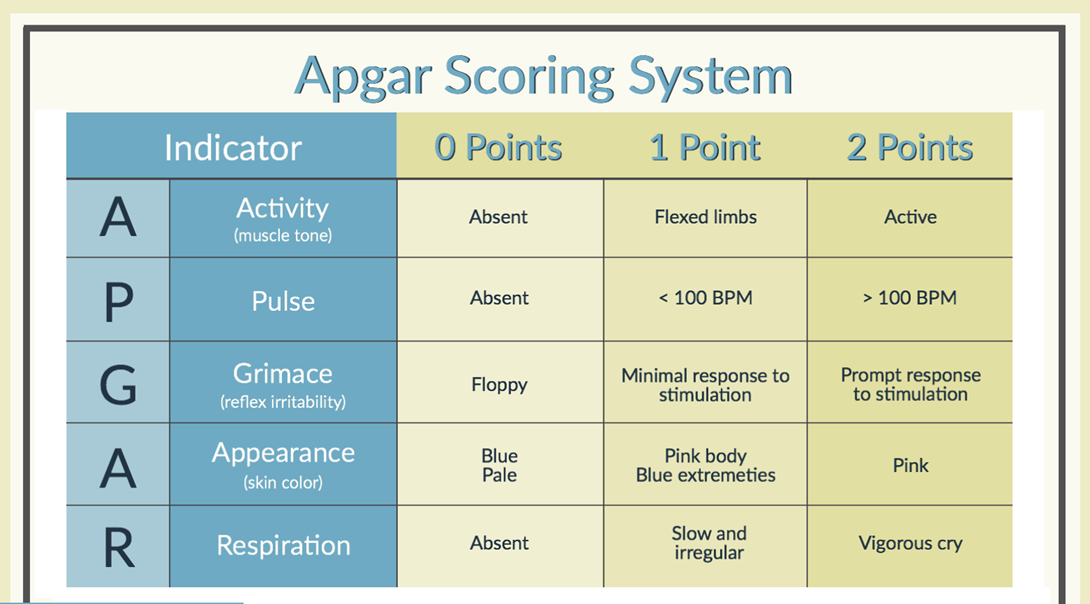The nurse wants to improve the way they provide care to their clients. What theory offers ten suggestions to maximize caring moments spent with the client?
Johnson's Behavioral Systems Model
Peplau's Theory of Interpersonal Relationships
Nightingale's Environmental Theory
Watson's Theory of Human Caring
The Correct Answer is D
Choice A reason: Johnson's Behavioral Systems Model focuses on how the client's behavior affects their health and well-being. It does not provide specific suggestions for enhancing caring moments.
Choice B reason: Peplau's Theory of Interpersonal Relationships emphasizes the importance of the nurse-client relationship and the role of the nurse as a counselor, teacher, and leader. It does not offer ten suggestions for maximizing caring moments.
Choice C reason: Nightingale's Environmental Theory states that the nurse's role is to manipulate the environment to promote the client's health and recovery. It does not address the concept of caring moments.
Choice D reason: Watson's Theory of Human Caring proposes that caring is the essence of nursing and that the nurse should create a caring relationship with the client. It offers ten carative factors or suggestions for maximizing caring moments, such as practicing loving-kindness, being present, cultivating spiritual practices, and creating a healing environment.

Nursing Test Bank
Naxlex Comprehensive Predictor Exams
Related Questions
Correct Answer is A
Explanation
Choice A reason: This is the best answer. Apgar score is a quick and simple assessment that evaluates the newborn's appearance, pulse, grimace, activity, and respiration. It is done at 1 minute and 5 minutes after birth, and sometimes at 10 minutes if needed. It helps to determine the newborn's condition and need for resuscitation or medical intervention.
Choice B reason: This is not the correct answer. Blood pressure reading is a measurement of the force of the blood against the walls of the arteries. It is not routinely done on newborns, unless there is a suspicion of a cardiac or renal problem. It is usually done after the first 24 hours of life, and then as indicated by the newborn's condition.
Choice C reason: This is not the correct answer. Head and chest circumference are measurements of the size and shape of the newborn's head and chest. They are done once within the first 24 hours of life, and then as indicated by the newborn's condition. They help to monitor the newborn's growth and development, and to detect any abnormalities or asymmetries.
Choice D reason: This is not the correct answer. Respiratory and abdominal assessment are examinations of the newborn's breathing and digestion. They are done once within the first 24 hours of life, and then as indicated by the newborn's condition. They help to evaluate the newborn's lung and bowel function, and to identify any signs of distress or complications.

Correct Answer is A
Explanation
Choice A reason: This is the best answer. Eating disorders are more likely to develop during adolescence and young adulthood, which are the ages 12 to 20. This is because this is a period of rapid physical, mental, and emotional changes, as well as social and academic pressures. Adolescents and young adults may experience low self-esteem, body dissatisfaction, peer influence, or family conflict, which can contribute to the development of eating disorders.
Choice B reason: This is not the correct answer. Eating disorders can occur at any age, but they are less common in adults than in adolescents and young adults. Adults who develop eating disorders may have a history of eating disorders in their youth, or they may face new stressors or transitions that trigger their eating disorder. However, the risk for eating disorders is lower in adults than in adolescents and young adults.
Choice C reason: This is not the correct answer. Eating disorders are rare in middle-aged and older adults, which are the ages 35 to 65. This is because this is a period of stability and maturity, as well as acceptance and adaptation. Middle-aged and older adults may have more coping skills, resilience, and support, which can protect them from developing eating disorders.
Choice D reason: This is not the correct answer. Eating disorders are very rare in older adults, which are the ages 65 and older. This is because this is a period of decline and loss, as well as wisdom and dignity. Older adults may have less concern about their appearance, weight, or food, which can prevent them from developing eating disorders.
Whether you are a student looking to ace your exams or a practicing nurse seeking to enhance your expertise , our nursing education contents will empower you with the confidence and competence to make a difference in the lives of patients and become a respected leader in the healthcare field.
Visit Naxlex, invest in your future and unlock endless possibilities with our unparalleled nursing education contents today
Report Wrong Answer on the Current Question
Do you disagree with the answer? If yes, what is your expected answer? Explain.
Kindly be descriptive with the issue you are facing.
